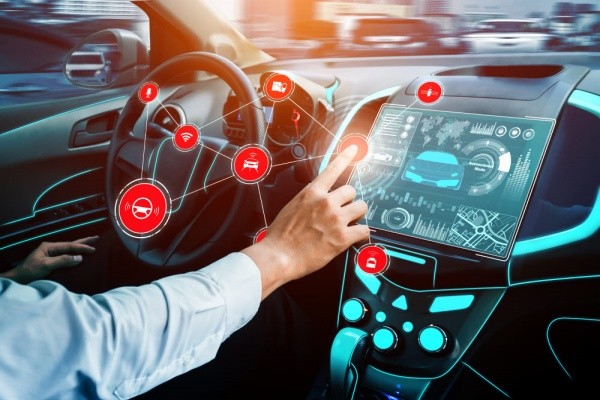The Seoul Metropolitan Government plans to connect and combine traffic data that is scattered throughout the public and private sectors. It also plans to provide an one-stop service for traffic data and allow data to be utilized in real time.
The government announced on Wednesday that it is pushing for “Seoul Traffic Yard” project that includes such information.
The government is currently pushing for various smart traffic projects with the Ministry of Land, Infrastructure and Transport (MOLIT) and private companies. It is also carrying out a project that digitalizes major streets in order to follow traffic in real time and to assist with autonomous driving. Traffic data that it has been accumulating through these different projects has been provided to various agencies and departments. However, there have been many difficulties in utilizing such data as standardization and quality management have been insufficient due to data management centered on data producers.
Through “Seoul Traffic Yard” project that is scheduled to be carried out at the end of 2021, the government plans to share fundamental and convergent and mixed traffic data and database on traffic index statistics. From customized search to download, various traffic data will be made available for everyone through an one-stop service. The government plans to execute trial operation in July and launch an official service in November.
“Centering around traffic data in which real time is very important, we plan to manage private data comprehensively and provide fundamental and convergent and mixed data in various manners.” said one Seoul Metropolitan Government official. “We expect that the project will play a role of priming water in implementing traffic-related science administration and promoting new industries.”
Seoul Traffic Yard will manage public and private data related to traffic comprehensively and it will be established as a big data platform that provides and shares real-time data.

Setup of a big data platform, web service for sharing of traffic data in Seoul, traffic policy decision support service, and setup of database on traffic impact assessment will be the four key areas that need to be accomplished as part of the project.
Through a big data website of traffic in Seoul, map-based data search and visual features will be provided to the users. Website will not only provide one-time and non-recurring data for general users, it will also provide repetitive and specific data for private service providers so that they can use such data to make profits as well as research, educational, and public agencies.
Windows that provide information on operation and current status of public buses, instruction on Ddareungi (Seoul Bike), information on speed and traffic flow, and statistical data such as card data on people getting in and out of public transportation separately will be unified into one window.
Accident prevention information provided by C-ITS (Cooperative Intelligent Transport Systems) and information of “traffic safety-centered next-generation intelligent traffic system”, which is for creating a basis for connected cars and autonomous driving, will also be made public.
The government plans to make locations of buses and Ddareungis and more than 300 datasets that combine 26 traffic systems of the government and data from more than 20 agencies funded by the Seoul Metropolitan Government and outside (private) agencies public.
Through the Seoul Traffic Yard project, the government plans to prepare an environment and a basis for web portal service so that various traffic big data can be shared to boost convenience of the people in the city. In a long term, it plans to incorporate latest smart technologies such as AI and blockchain and increase the value of data through convergence and mixing of various data. Its ultimate goal is to provide complete “information products”.
“We believe that the project will raise level of the value of information even higher through quality management and convergence of traffic data.” said Hwang Bo-yeon who is the government’s City Traffic division. “By providing and sharing quality data for win-win relationship between the private sector, the public sector, industries, universities, and research institutes, we plan to provide new services and support policy development and create a new ecosystem for traffic information.”
Staff Reporter Kim, Siso | siso@etnews.com